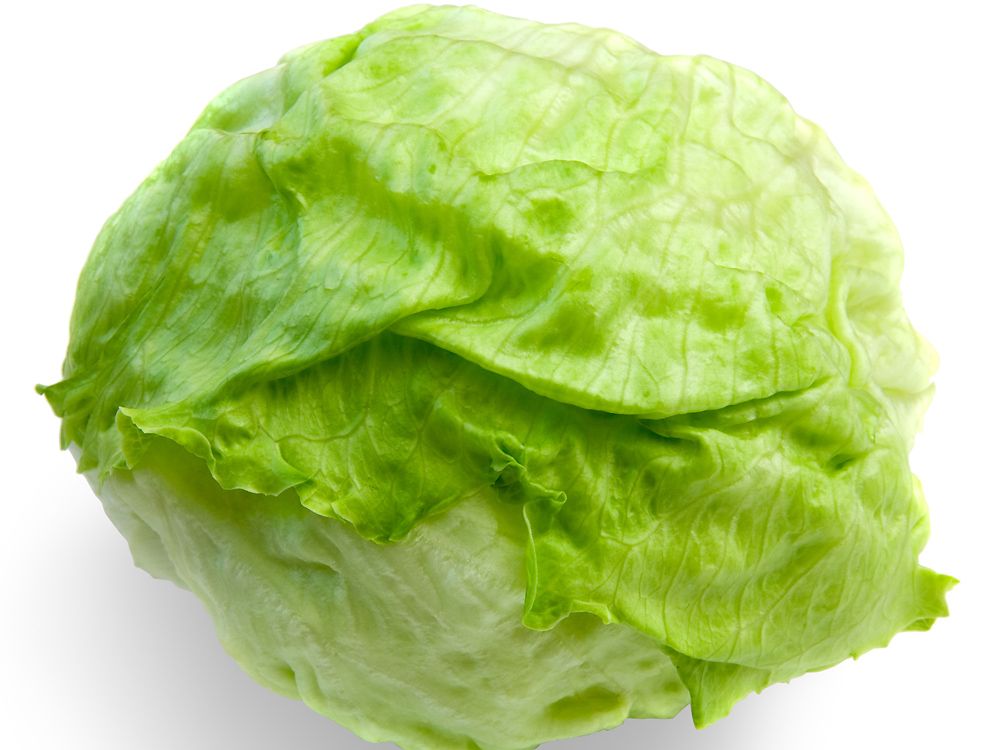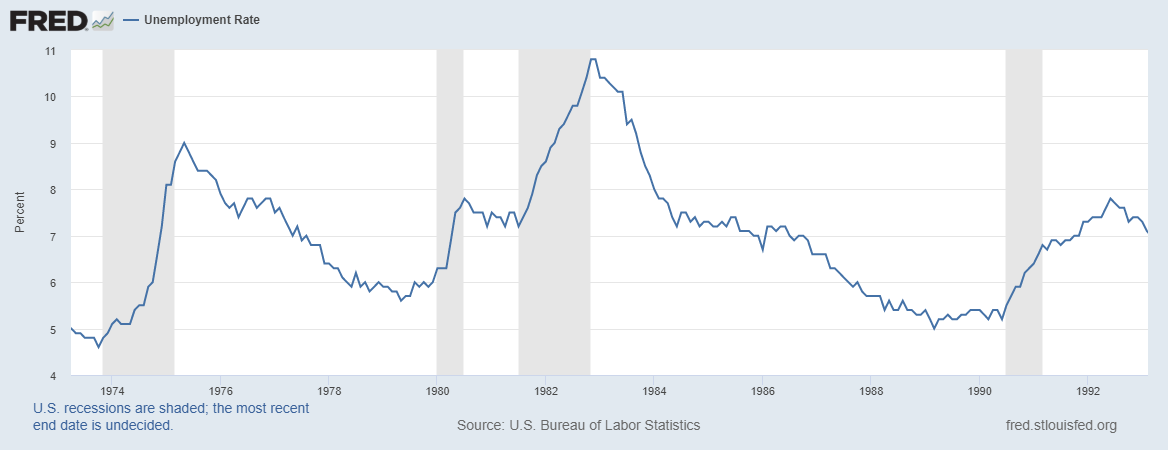View attachment 16706
View attachment 16707
How is this going down in Quebec & NFL? Most provinces will see prices spike beyond the 2023 forecast, with Quebec and Newfoundland and Labrador expecting lower price increases.
View attachment 16708
This above feels serious low balled. Last year, Canada’s Food Price Report predicted an overall food price increase of 5% to 7%, but as of September, this rate stood at a shocking 10.3%.
In 2022, the
use of food banks rose to never-before-seen heights in the country. Visits to food banks went up by a startling 35% compared to pre-pandemic food bank visits in 2019.
The Canada Food Price Report also notes that 20% of Canadians reported their household would be “likely or very likely” to get food or meals from community organizations including food banks, community centres, or other access points over the next six months.
Nearly half of Canadians (47%) said they’ve started buying cheaper alternatives of items they used to purchase.
With food prices rising to ridiculously unaffordable levels, Canadian families might end up spending a lot more money on groceries next year.

dailyhive.com
StatsCan says there are multiple factors influencing this. “Contributing to price increases for food and beverages were unfavourable weather, higher prices for important inputs such as fertilizer and natural gas, as well as geopolitical instability stemming from Russia’s invasion of Ukraine,” explained the agency. Slap an ever increasing Carbon Tax on top of that, and the coming Clean Fuel Standard incentive on top of that that will eventually be passed onto the end user of everything, and Ta-Dah!!
As Canadians, you may be surprised to find that prices for cereal products (excluding baby food) rose by 17.9%. Following closely behind it is the price of coffee and tea, which rose by 16.4%. After that, baked goods come in at an increase of 14.8%. The only products that are below a 10% increase are dairy (9.7%), seafood (7.6%), and meat (7.6%) ??? Really? Only 7.6%?
View attachment 16709
Those who can get their hands on a head of lettuce are paying as much as $5.99. Subway Canada is reducing the lettuce portion on sandwiches

nationalpost.com




